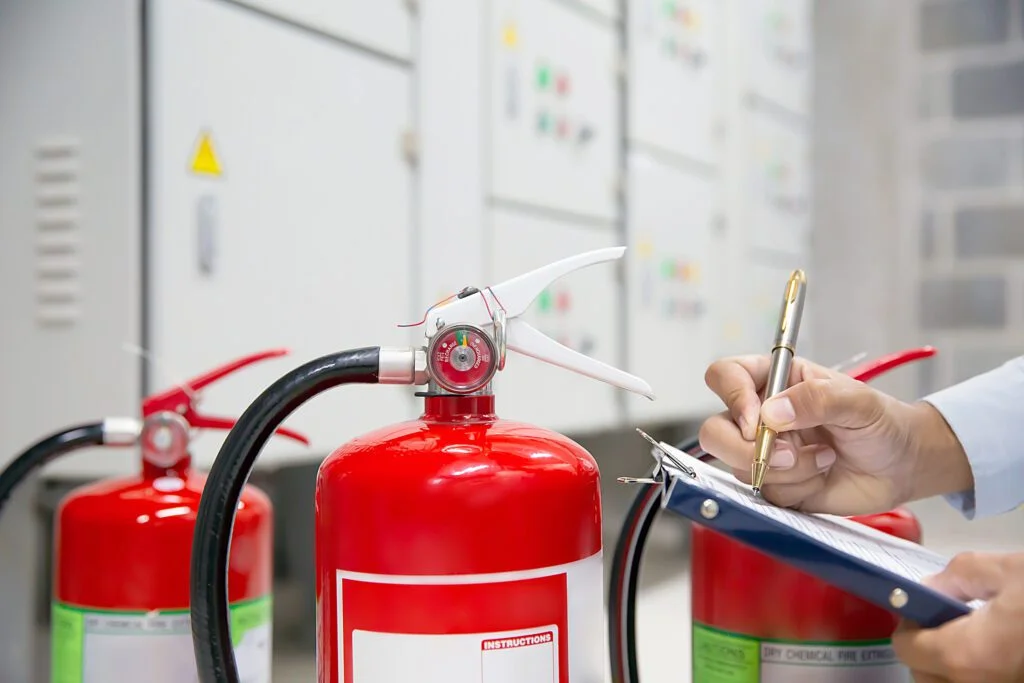Table of Contents
- Introduction to Gas Fire Services
- Importance of Regular Maintenance
- Types of Gas Fires
- Safety Regulations and Standards
- Common Issues with Gas Fires
- The Role of Qualified Professionals
- How PlumbingForce Can Help
- Frequently Asked Questions
- Conclusion: Ensuring Safety and Efficiency
Introduction to Gas Fire Services
Gas fires have become a popular choice for homeowners seeking efficient and effective heating solutions. These systems offer the warmth and ambiance of traditional wood fires without the hassle of logs or ashes. However, with convenience comes responsibility, as proper care and maintenance are essential for safety and optimal performance. This guide will explore various aspects of gas fire services, providing insights into maintenance, common issues, and the benefits of working with a trusted provider like PlumbingForce.
Importance of Regular Maintenance
Regular maintenance of gas fires is crucial for several reasons:
- Safety: Over time, gas appliances can develop leaks or malfunctions that pose risks such as carbon monoxide poisoning or fire hazards.
- Efficiency: A well-maintained gas fire operates more efficiently, reducing energy costs while providing consistent heat output.
- Longevity: Just like any mechanical system, regular service can extend the lifespan of your gas fire, saving you money on early replacements.
Homeowners should schedule annual inspections with qualified professionals to ensure their systems are functioning correctly and safely.
Types of Gas Fires
Understanding the different types of gas fires can help homeowners choose the right option for their needs:
- Flued Gas Fires: These models vent combustion gases outside via a flue, making them suitable for homes without adequate ventilation.
- Flueless Gas Fires: Typically more compact and designed for smaller spaces, flueless fires do not require a chimney or flue but must be installed in well-ventilated areas due to the production of water vapor during combustion.
- Balanced Flue Gas Fires: These fires use a twin-wall flue system that draws air from outside for combustion while expelling exhaust gases simultaneously.
Each type has its unique benefits and considerations, making it essential to consult with professionals to determine which suits your home best.
Safety Regulations and Standards
Gas appliances are subject to strict safety regulations to protect consumers. In the UK, the Gas Safety (Installation and Use) Regulations stipulate that all gas installations must be performed by registered engineers who are qualified under the Gas Safe Register. Compliance with these regulations is non-negotiable and guarantees that installations meet safety standards.
Some key regulations include:
All gas installations must be certified.
Annual servicing is mandatory for rental properties.
Any modifications or s must comply with safety standards.
Understanding these regulations ensures that homeowners remain compliant while safeguarding their families from potential risks associated with poorly maintained gas systems.
Common Issues with Gas Fires
Despite their advantages, gas fires can encounter several common issues:
- Pilot Light Problems: If the pilot light goes out frequently, this may indicate a malfunctioning thermocouple or other underlying issues.
- Gas Leaks: A hissing sound or the smell of gas indicates a potential leak, which requires immediate attention from professionals.
- Insufficient Heat Output: This problem could stem from blockages in the flue or dirty components affecting performance.
Regular inspections and timely maintenance can help detect these issues early on, preventing more significant complications down the line.
The Role of Qualified Professionals
When it comes to servicing gas fires, hiring qualified professionals cannot be overstated. Trained technicians possess the knowledge and experience necessary to handle complex systems safely and efficiently. They can perform tasks such as:
- Regular inspections to identify potential hazards.
- Cleaning components like burners and chimneys to improve efficiency.
- Performing necessary repairs or replacements when issues arise.
Choosing a registered engineer ensures compliance with legal obligations while providing peace of mind regarding safety.
How PlumbingForce Can Help
Plumbing Force offers specialized gas fire repair services tailored to meet the diverse needs of homeowners. With a team of fully qualified technicians, they provide comprehensive inspections, maintenance services, and installations that adhere to all safety regulations. Their commitment to customer satisfaction means that any concerns are addressed promptly and effectively.
Whether you require routine maintenance or urgent repairs, PlumbingForce’s expertise ensures that your gas fire operates safely and efficiently throughout its lifespan.
Frequently Asked Questions
- How often should I service my gas fire?
It is recommended to have your gas fire serviced annually by a qualified technician to ensure it remains safe and efficient.
- What should I do if I smell gas?
If you smell gas, turn off your gas supply immediately, evacuate the area, and contact emergency services or a qualified engineer without delay.
- Can I install a gas fire myself?
No, installations must be completed by a registered Gas Safe engineer to comply with safety regulations.
- What signs indicate my gas fire needs servicing?
Signs include inconsistent heat output, frequent pilot light outages, strange noises during operation, or any signs of corrosion or wear on components.
- Is it safe to operate my gas fire if I suspect an issue?
It is not safe to operate your gas fire if you suspect any problems; always consult a professional before using it again.
Through understanding these aspects of gas fire services and maintaining an ongoing relationship with qualified professionals like PlumbingForce, homeowners can enjoy their heating solutions confidently knowing they are prioritizing safety and efficiency in their homes.
As you engage with your home heating systems, remember that proactive care leads not only to comfort but also peace of mind in knowing you have taken steps toward ensuring your family’s safety during those chilly nights spent by the fire.





























